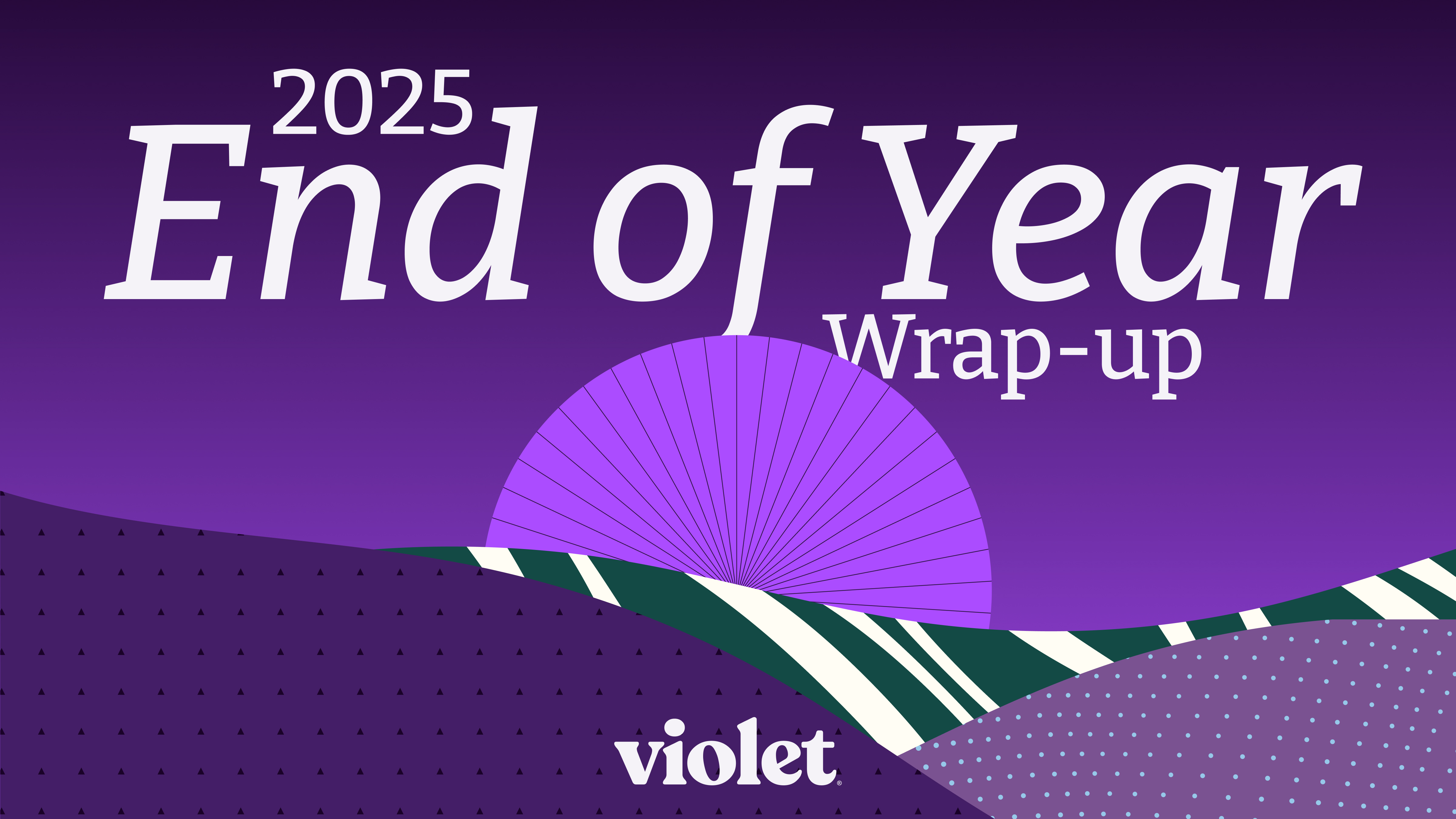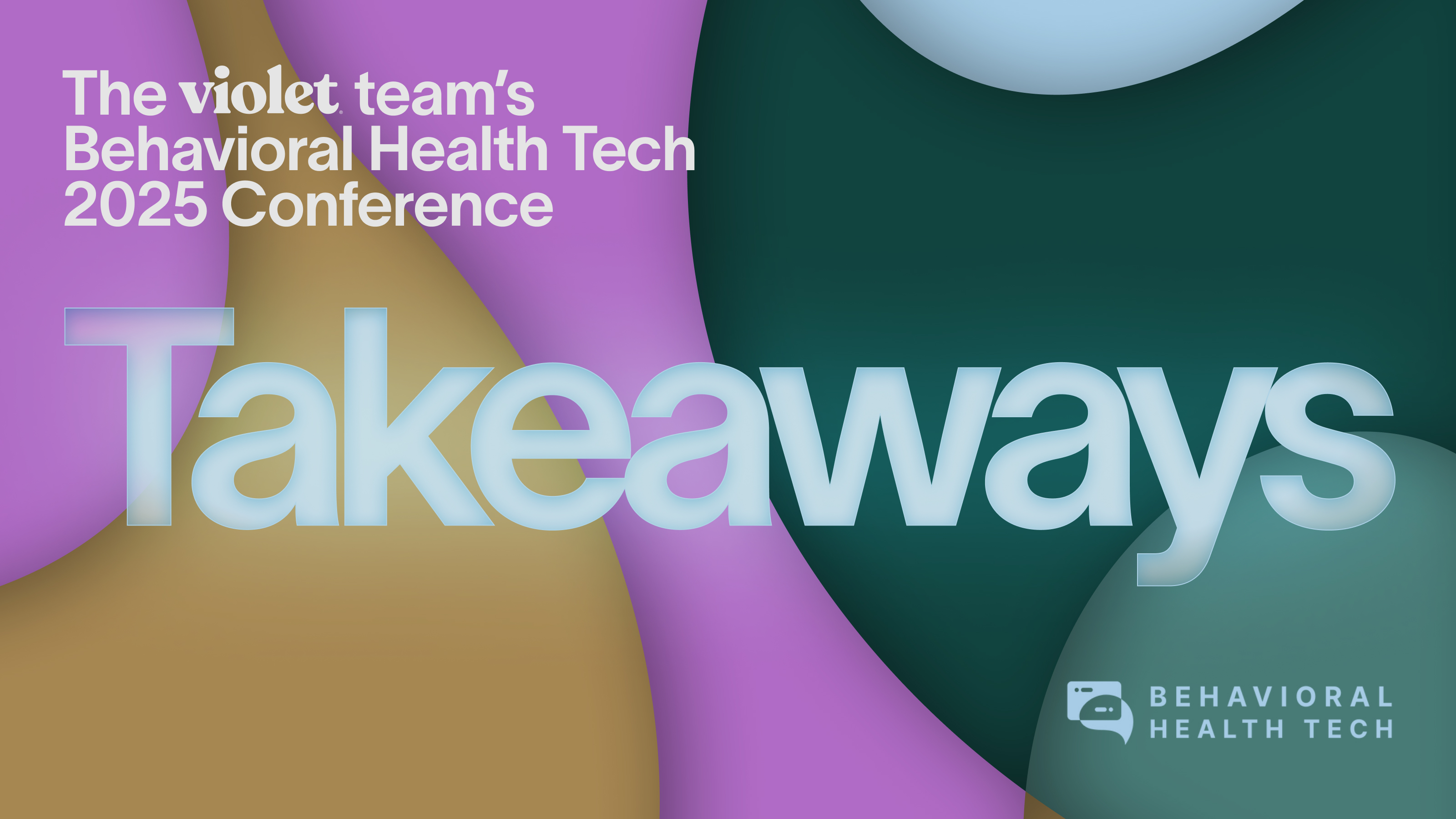Dawn Godbolt, PhD is the Director of Health Equity at Maven, a global virtual care model for women and families. Dawn holds her PhD in sociology with a concentration on race, class, and gender inequalities. Prior to joining Maven, Dr. Godbolt worked in the Reproductive Justice space and at the National Partnership for Women & Families, where she integrated a reproductive justice framework into the maternal health portfolio. As Director of Health Equity, Dawn works alongside Maven’s clinical team, ensuring they provide culturally appropriate care to their members.
Maven and Violet recently partnered to continue building out their health equity strategy. We sat down with Dawn to chat about the importance of building a culture of health equity and approaching care through an inclusive lens.
Violet: What does health equity look like within a digital health organization as large as Maven?
Dawn: It’s really about internal and external accountability. Health equity for us is a verb, an action, a continuous process.
We have a responsibility to our members that they’re receiving the most equitable care possible. And because our care is delivered virtually, we have to look at our internal structures to eliminate biases in the delivery of digital health care, to make sure our teams are versed in health equity language, and ensure we have diverse staff–not only in clinical staff but also within our corporate staff. We have to make sure the right people are both building the product and delivering the care.
Violet: In your role as Director of Health Equity, what is your approach for building a culture of health equity?
Dawn: My fundamental belief is that all people deserve access to high quality health care, regardless of your race, age, your location, your sexual orientation, your gender identity, your occupation, or any other social characteristic that might act as a barrier to health care. When we start with that foundation, it’s actually easy to promote a culture of health equity.
When we talk to our clients, we strive to empower their leaders to understand they can make a difference in the health outcomes of the broader population—they are active members of the health care ecosystem by supplying health insurance to their employees. A big responsibility that employers and Maven share is to ensure we're meeting their expectations of promoting optimal health across their staff.
Violet: In a clinical context, Maven’s positive outcomes can be measured by reduced C-section rates and less NICU stays. Cultural competence is often trickier to quantify—what metrics do you use to measure success?
Dawn: Cultural competency is a really great umbrella term—to understand that care must be delivered in a culturally humble and appropriate way. When we use this approach, we can apply a continuous learning framework to care delivery.
We evaluate our frontline staff, asking “Do you understand what it means to deliver culturally appropriate care?” And, “What does care look like for a transgender person of color or a first-generation member whose primary language is not English?”
To measure success in the delivery of culturally appropriate care, we focus on setting expectations with our frontline teams and evaluating understanding and application over time. When setting expectations, we measure success through course completion and team engagement metrics for training, and we continue to monitor through Quality Assurance metrics that are connected to delivering culturally relevant care. Clinical metrics tell us the care model is working, and continuous learning and assessing of frontline staff allows us to iterate on our method of care delivery. Plus, we highly value direct feedback from our members as a gauge to tell us we’re on the right track.
Violet: You’ve spoken about the importance of addressing social determinants of health and their impacts on historically marginalized communities, which is a major component of our curriculum. Why is approaching care through an inclusive lens so important?
Dawn: Quite frankly, if we don’t use an inclusive lens, we will continue to leave people behind in the delivery of health care, and those left behind are usually the same groups of people who have already been pushed to the margins, and as a result, experience higher rates of mortality, morbidity, and chronic conditions. There's no way to promote health equity without using an inclusive lens.
When we use an inclusive lens, we’re also able to get a clearer picture of the lived experiences and day-to-day realities of the people we serve. For example, what is the effectiveness of making broad nutrition recommendations to people who do not have access to health and affordable food? Or suggesting that someone’s cultural and heritage dishes are not considered healthy because your view of “health food” is steeped in bias? Instead, it’s our responsibility to develop and design person-centered and equitable health care models that take into account a member or patient’s whole identity.
Violet: What drew you to Violet’s approach to health equity education?
Dawn: Two things really stood out. Violet’s curriculum goes beyond a surface level key word and definition approach, to actually incorporating real scenarios as teaching moments. Remember, health equity is a relatively new approach to the delivery of health care, so we have to set our frontline staff up for success by giving them a robust and comprehensive review of the historical and current literature, and current best practices, tools, and techniques necessary to promote health equity. Violet is able to address social determinants of health in the curriculum, but also incorporates structural determinants to really underscore how systems work together to include or exclude people from the pursuit of “health.”
We also noticed that Violet not only had the curriculum but also embodied it in their culture, which is what our own approach to health equity is. Violet’s staff demonstrated their own understanding of health equity and importance of culturally appropriate education for care delivery. Maven doesn’t just talk the talk, we walk the walk, and we needed a partner who does the same.
Additionally, Violet very clearly understands best practices in learning, and we loved the accessibility and scenarios based format. We were looking for a 3 pronged approach to learning, where folks are educated on content, able to discuss what was learned with colleagues to support internalization, and then continue to apply knowledge in coaching conversations with managers. Violet is set up perfectly for this work and we are already seeing great conversations take place as a result.

.svg)



.png)
.png)




.png)

.svg)



.svg)

